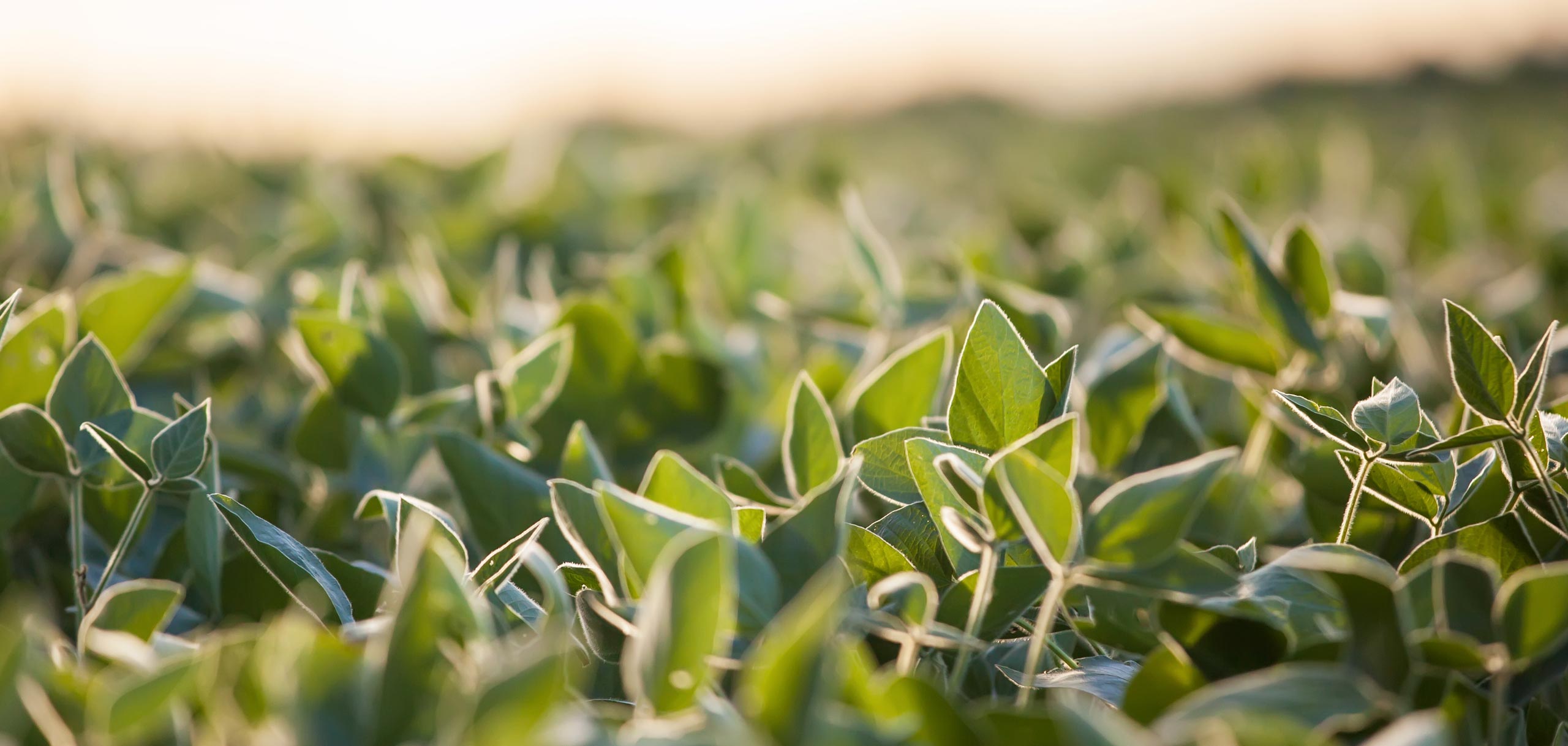U.S. Ambassador to Indonesia Praises Soy-Based Tempeh’s Role in U.S. – Indonesia Trade
- Category:
- General News

Robert Blake, U.S. ambassador to Indonesia visited the so-called Indonesian House of Tempeh in Cilendek, Bogor, West Java, on April 29 to learn more about Indonesia’s traditional staple food. The ambassador also witnessed the signing of a memorandum of understanding between the Tempeh Forum of Indonesia and the Indonesian Soybean Association. "We fully support the trade in soybeans as well as other agricultural goods, and I want to assure you that the United States is a reliable source of safe, quality food," stated Ambassador Blake. "The food we send to Indonesia is the same food we eat in the United States and serve to our own children," he added.
Indonesia imports up to 90 percent of its soybean requirement, with 75 percent of those imports coming from the United States. U.S. soybeans ensure that Indonesians have access to high-quality protein foods at the lowest possible cost, bringing real advantages to Indonesians. Rumah Tempeh Indonesia (RTI) was established in 2012 with support from USSEC. The tempeh project is part of a larger USSEC program to stimulate growth in consumption by improving production facilities and quality of tempeh and tempeh products in order to raise the image of tempeh as a safe and healthy food. According to Ambassador Blake, the United States is supportive and appreciative of the work done at Rumah Tempeh on behalf of Indonesia's tempeh manufacturers. Food safety, novel uses of soybeans, and product promotion improve tempeh producer's bottom line. "I am also pleased that the National Agency for Drug and Food Control (BPOM) will award a license to Rumah Tempeh to operate as a commercial food manufacturer, thereby recognizing that Rumah Tempeh meets hygienic food manufacturing standards, giving credence to its food science extension activities," Mr. Blake said.